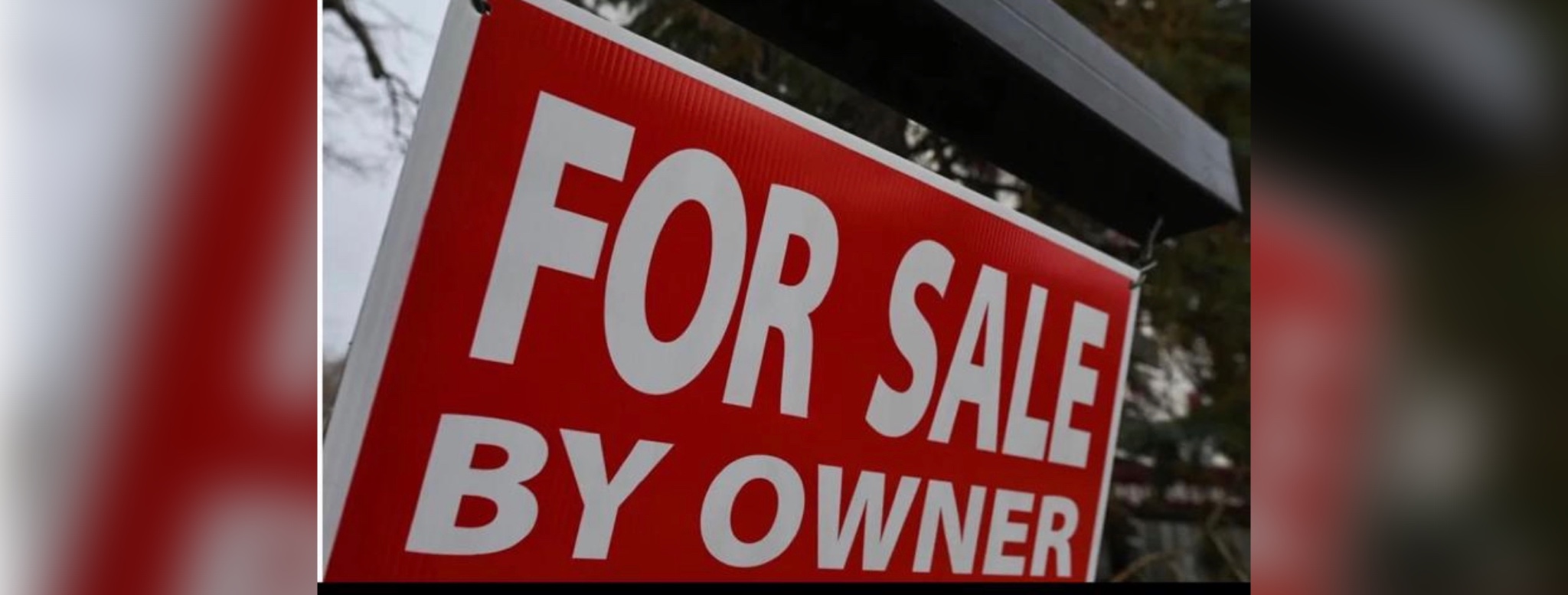Instructor Of Redlining At John Hopkins University Files Lawsuit Against Appraisal And Loan Company For Housing Discrimination

A professor at John Hopkins University, Nathan Connolly, is an instructor of the history of redlining in America. He says that his family has experienced housing discrimination, in Baltimore, Maryland.
After adding a new $5,000 tankless water heater and $35,000 in other repairs, he and his wife, Dr. Shani Mott, believed that their residence’s value had increased. The home was valued at $450,000 when they bought it in 2017. To add, since the pandemic, housing prices have increased dramatically.
However, when 20/20 Valuations, an appraisal business, valued their residence at $472,000, the couple was shocked. Additionally, loanDepot, a mortgage lender, refused to refinance their loan.
They then wrote to Christian Jorgensen, a lending officer at loanDepot. They challenged the appraisal, and the company stopped taking their calls.
A couple of months after the first appraisal, they submitted an application for another refinance loan. This time, they took down family pictures and had a white professor from John Hopkins take their place. Then, the home was valued at $750,000.
Now, Connolly and Mott have sued loanDepot, 20/20 Valuations, and Shane Lanham, the owner of 20/20 Valuations, who performed their first appraisal.
Court documents note that “Dr. Connolly, Dr. Mott, and their three children were home during the visit. Their house was also filled with family photos, children’s drawings of figures with dark skin, a poster for the film, “Black Panther,” and literature by Black authors. It would have been obvious to anyone visiting that the home belonged to a Black family.”
The complaint added that Lanham “cherry-picked low-value homes as comps,” and therefore, he “ignored legitimately comparable homes with much higher sales prices.”
In the past, housing guidelines in the U.S. have been based on racism. This is seen as Black Americans are still denied mortgages at a high rate. Redlining is still a common practice that leads to lessening the value of homes in Black communities. Thus, it creates a large gap in wealth.





